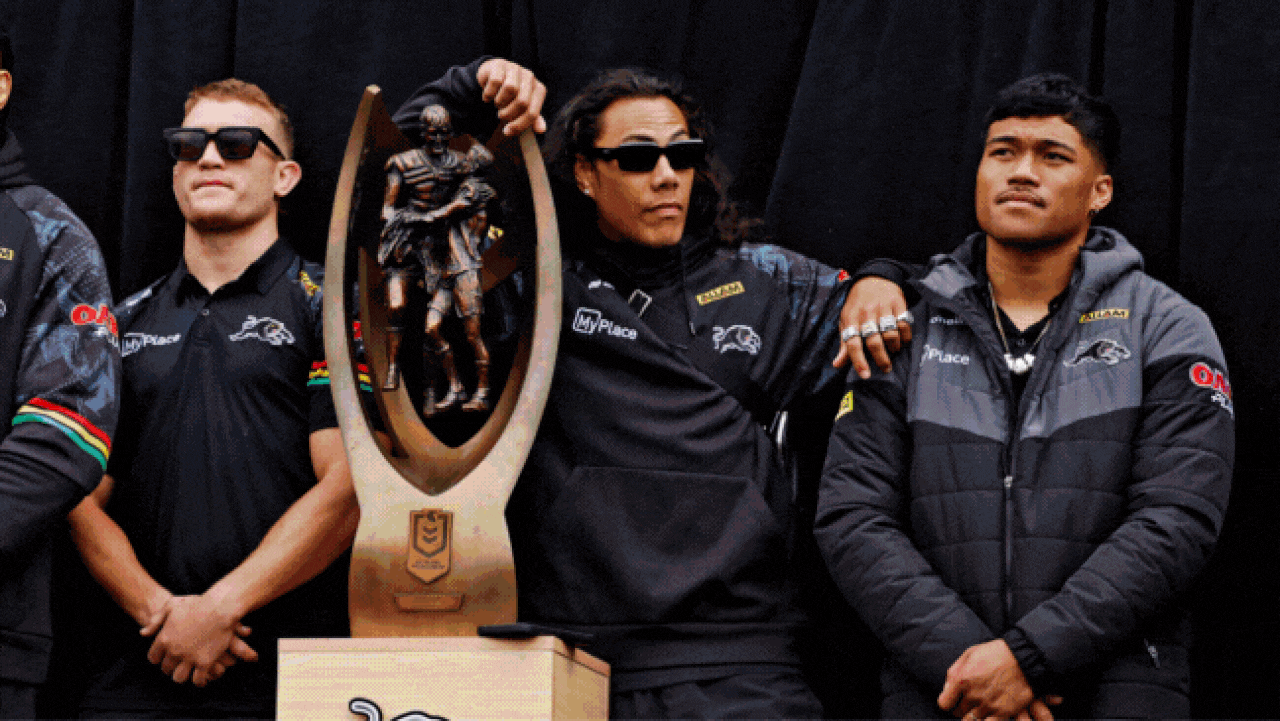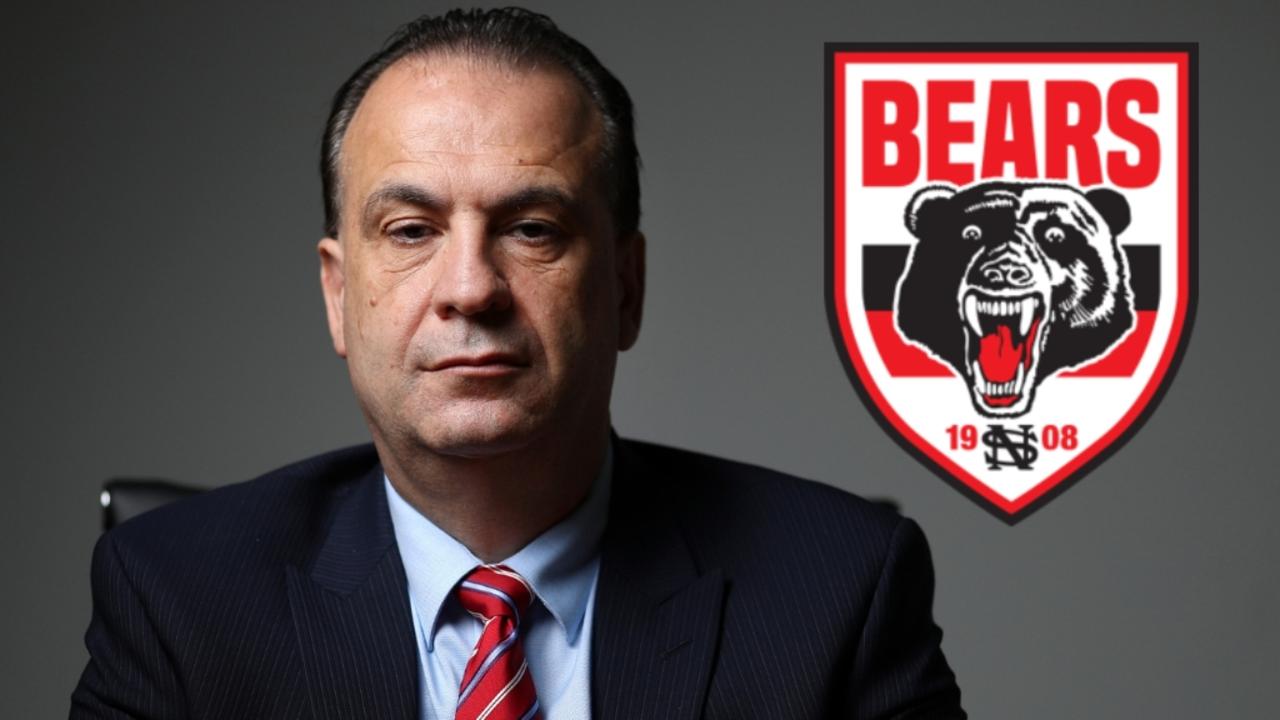NRL clubs need to change their approach to welfare to save players from themselves
RUGBY league needs a culture shift. But it won’t happen until it addresses the arguments trotted out in defence of yet another incident, writes PAUL KENT.
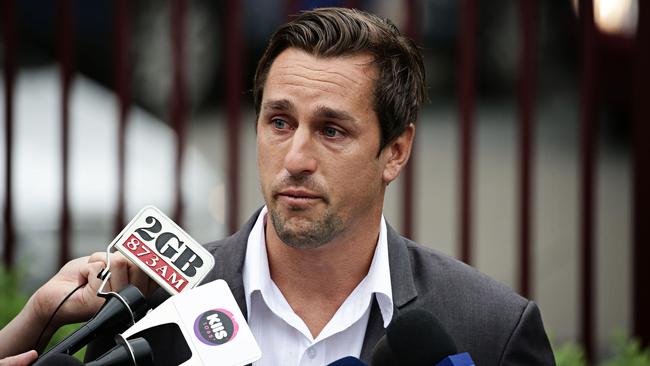
NRL
Don't miss out on the headlines from NRL. Followed categories will be added to My News.
BACK in the wild west days, Mark Geyer was the biggest gunslinger in town and, feeling a duty, would walk in to any pub around and survey the landscape through cold Clint Eastwood eyes.
“I can beat every bloke in here,” was always his first thought. There wasn’t usually a second.
Times change, though; the world is different. I’ll leave it up to you to decide whether it is better.
What can’t be argued is that it is the reality. So, move with the times, or the times will move you on.
And until the game begins to address some uncomfortable truths, it will continue having problems.
Mitchell Pearce was front-page news for going somewhere well past 0.05 on Australia Day. It was moralised and sermonised until all the ink was out of the barrel but then what happened?
Just a few days later, with all that attention still bruising the game, 10 potential Queensland Origin players sneak out of camp, get on the drink, and one finds himself in trouble with the law.
Did anyone think that was a smart decision?
Rugby league needs a culture shift. But it won’t happen until it starts addressing the routine arguments trotted out in defence of yet another incident.
This week, it was revealed the NRL spends $6 million a year on care and education for players.
It’s admirable and necessary but until the game starts addressing the true issue through the clubs, and not at NRL level, Groundhog Day will continue.
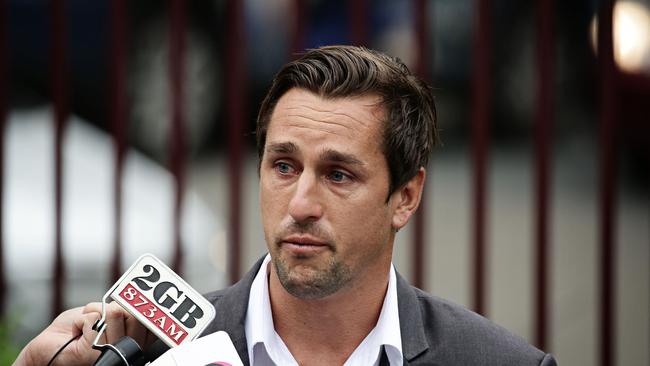
Forget the men in suits, the former players in front of their projectors.
Teammates have the greatest influence over player behaviour. And they’re quite happy about the way they behave because they indoctrinate every young player that comes into the club that such behaviour is normal so, by the time they are a senior player and influencing younger ones, they actually believe it.
Then after teammates, it’s the coaches. But coaches drive the players. And this is where it gets hard to solve.
In some corners of the coaching office there is a reluctance to smooth the edges of player behaviour.
NRL players put themselves through almost unendurable pain every week. The dressing room is a casualty ward after a game.
Regular folk see the damage they carry and say that’s for the birds.
The toll is extreme. It takes a rare mentality to absorb all that pain and punishment and back up again.
Coaches understand it better than most and don’t want to mess with that aggression and assertiveness if it means reducing their players’ impact on the field. The business, after all, is winning.
It’s the crucial part of what’s missing from the education and welfare and also the toughest part.
It’s tough to accept; the reason NRL players are so good is the reason that sometimes they get in trouble.
They are tough and aggressive, risk-takers prepared to push beyond what the rest of us consider civilised.
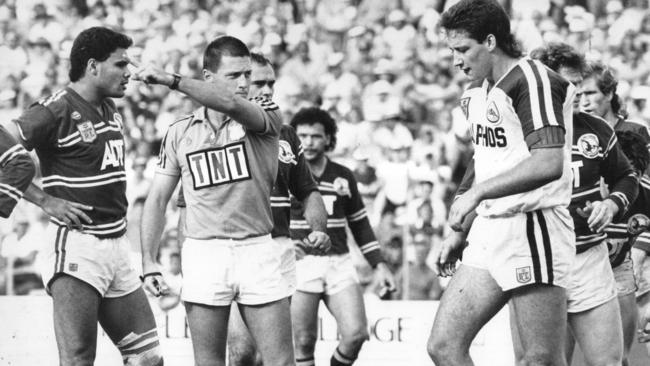
That warrior mentality has not moved on from Geyer’s day, we’ve just tried to harness it.
Look at the picture the Roosters posted from their Australia Day cruise. Sixpacks and biceps you’d need a pick and rope to climb over.
Collectively, they walk in to any joint fit and hard and, more, they know it. It promotes a sense of invincibility. But the world has changed. And so to resist that, clubs promote convenient mistruths.
So, a player refuses to accept he is a role model, saying only mum and dad should be for their children.
Tell him kids don’t put posters on their wall of mum and dad. The moment he signs an autograph it’s his contract as a role model. Newspapers just write bad news stories. No, newspapers are in the business of selling newspapers, which like any market is about satisfying consumer demand.
Most NRL stories are actually positive, just not remembered.
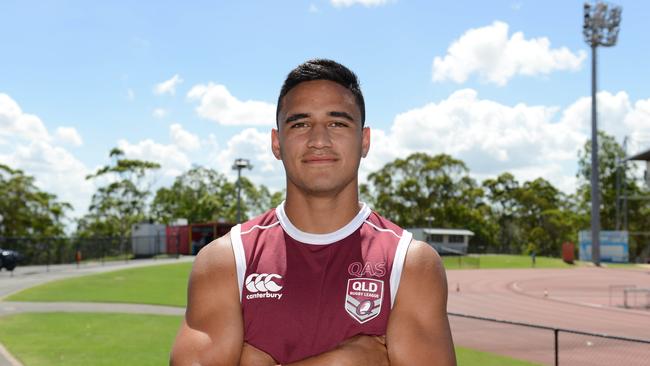
Then twice this week the two most-read stories on The Daily Telegraph website were a Playmate model who read the Bible in prison to stave off lesbian advances and Rose Someone suffering a nipple slip at DJs. No journo aspires to write about such stuff unless you’re Hefner, but it’s a business.
Some say alcohol is a societal problem. Absolutely, but other young men behaving the same don’t have access to the education programs delivered annually or have nearly as much at stake, career-wise.
Understanding that is called responsibility. These days there are camera phones, Twitter, social media and more media coverage than ever. It’s all to feed a public hungrier and hungrier for more and different information.
While it comes at a cost to the players’ privacy, the benefit is exploding salaries. That’s now a choice. You can’t have one without the other. Accept the scrutiny or play for Woy Woy.
Sadly, after being force-fed one drunken incident after another, public tolerance is gone as fans see their game held up for ridicule by rival codes.
It is a new environment and it is time the clubs adapted, changing a culture to save their players.
A GOOD WEEK FOR
SO this weekend we are talking Sevens Rugby and Olympic gold medals ... another sign how quickly sport changes. Sold out all weekend, the tournament in Sydney is the first of three tournaments in the lead-up to Sevens Rugby’s debut at the Rio Olympics in August.
As much interest as there is in Australia’s run towards a gold medal, most interest is in the odyssey of Sonny Bill Williams and his goal of adding an Olympic gold medal to an already fully stocked trophy cabinet. It all starts here Saturday.
A ROUGH WEEK FOR
NO love for Michael Clarke this week. When Clarke retired there were many mixed tributes, indicative of his career, really. Then Clarke announced last weekend he was returning to grade cricket and left the door open to higher representation. But his ambitions were met with ... more mixed thoughts. Both the Sydney T20 teams, the Thunder and Sixers, said there was simply no room for him, even though the Thunder are chasing AB de Villiers. His Melbourne Stars contract is also gone, annulled after he retired.
DON’T MISS
FOR the first time in Super Bowl history two No. 1 quarterback draft picks face off, which is only one of the stories in Monday’s Super Bowl (ESPN 10am). Peyton Manning (Denver) and Cam Newton (Carolina) showcase America’s biggest game, which now interests even more Australians given Jarryd Hayne’s mixed season with the San Francisco 49ers. Unfortunately, the only connection Hayne has with the Super Bowl is the game is being played in his adopted city. The 49ers finished last in their division.
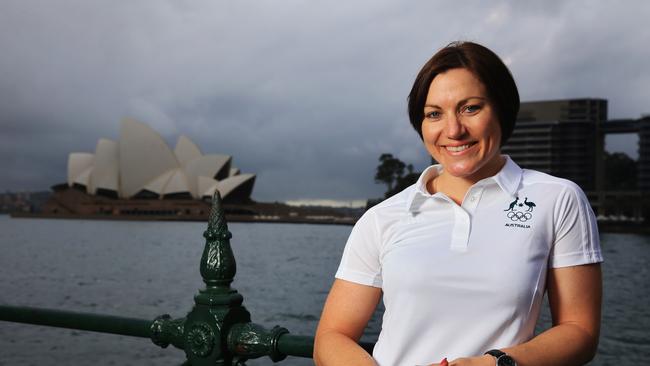
CHILL PILLS
ANNA Meares, my favourite sportswoman, won her 34th Australian title this week as she eyes another Olympics. The woman is full of heroics.
ANGRY PILLS
TOO little, too late. Australian cricket’s loyalty program needs to be revised whilever the policy excludes batsmen like Usman Khawaja for so-so performances.
Originally published as NRL clubs need to change their approach to welfare to save players from themselves



